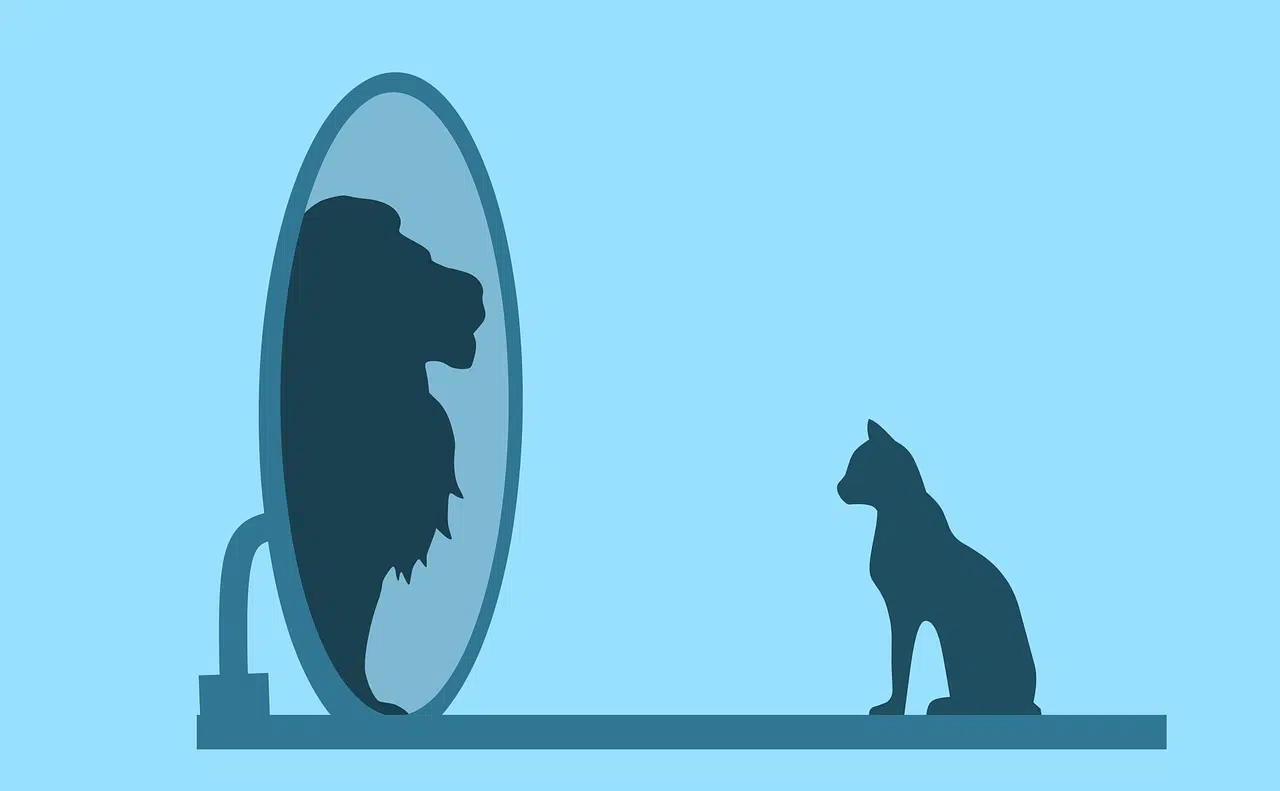
Whoever acts with pride despises others.
Pride is the disordered appetite to be preferred to others , according to the definition of the Royal Spanish Academy (RAE) . The concept, coming from the Latin superbĭa , can be associated with haughtiness , conceit , presumption and petulance .
For example: "The actor showed his arrogance again by refusing to greet the fans who were waiting for him at the exit of the channel" , "He does not have a hint of arrogance, even though he is one of the most acclaimed artists in the world" , “If he didn't get the job, it was because of his arrogance.”
Characteristics of a proud person
Pride implies excessive satisfaction with one's own contemplation, belittling others . The proud person feels better and more important than his neighbor, whom he constantly minimizes. That is why he behaves arrogantly and usually generates rejection among other people.
Specifically, they establish that there are several items or characteristics that make it clear that a person is arrogant:
- Most of the time he spends speaking he does so referring to the successes he has achieved and the achievements he has obtained throughout his life, specifically within his professional career.
- He enjoys when other people, primarily his “adversaries,” experience failure.
- He never admits his mistakes and does not accept criticism at all. When someone criticizes your performance, the way you defend yourself is by attacking.
- He has great difficulty asking for forgiveness. Specifically, only on very rare occasions, and because he has no choice, does he apologize for actions he has performed or words he has said.
- He has an urgent and sometimes unhealthy need to receive praise. Therefore, he needs those around him to continually praise him and highlight all the good things he does, the qualities he has, the success he is achieving...
- He is a person who at all times needs to be in control of any situation he finds himself in.
- He gets upset and may even suffer because of other people's success.

Pride is associated with arrogance.
humility
Humility , simplicity and modesty are notions contrary to pride. If a soccer player is classified as the best in the world, he can behave humbly (and publicly declare that these evaluations are the responsibility of the public or the press and that he only works to improve every day) or with arrogance (saying that, indeed, he is the best and that his achievements and titles support it).
A clear example of this difference is the one that exists between two of the best soccer players in the world of the 21st century. Thus, many people quickly identify with the first profile the Argentine Lionel Messi , an emblematic figure of FC Barcelona for many years, while the second type of personality is associated with the Portuguese Cristiano Ronaldo , who was an emblem of Real Madrid. .
From pride to arrogance
It is possible to associate arrogance with pride, although this has a positive value and is considered a virtue.
The person can feel pride in themselves by recognizing their successes or improvements, without this making them feel superior to the rest of human beings. On the other hand, when this self-recognition transforms into pride, its objective becomes feeding its ego and its own vanity .
